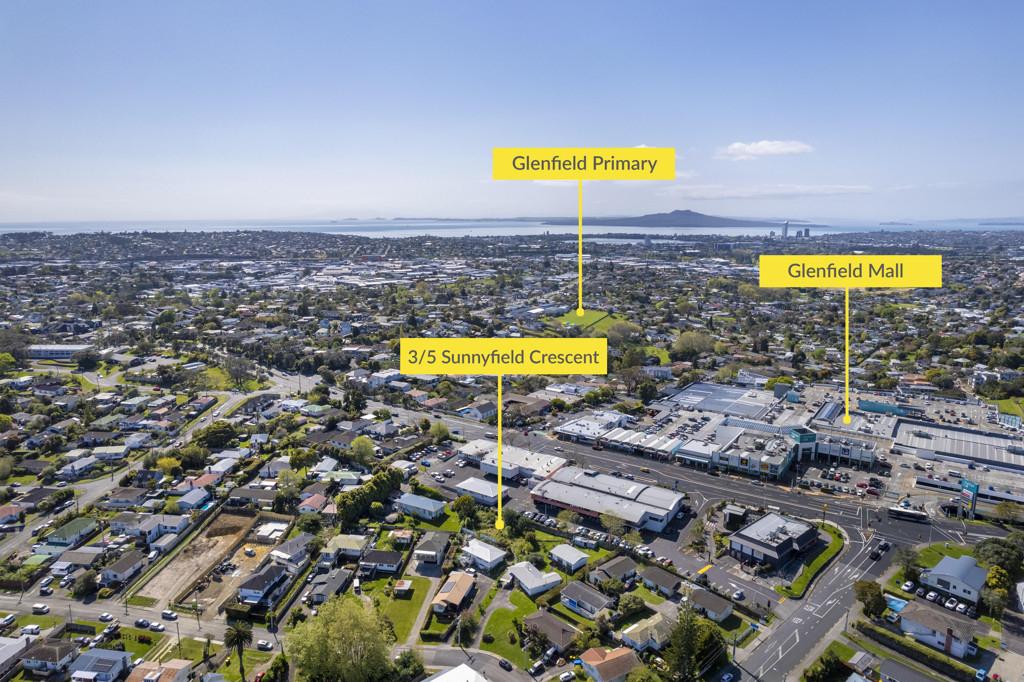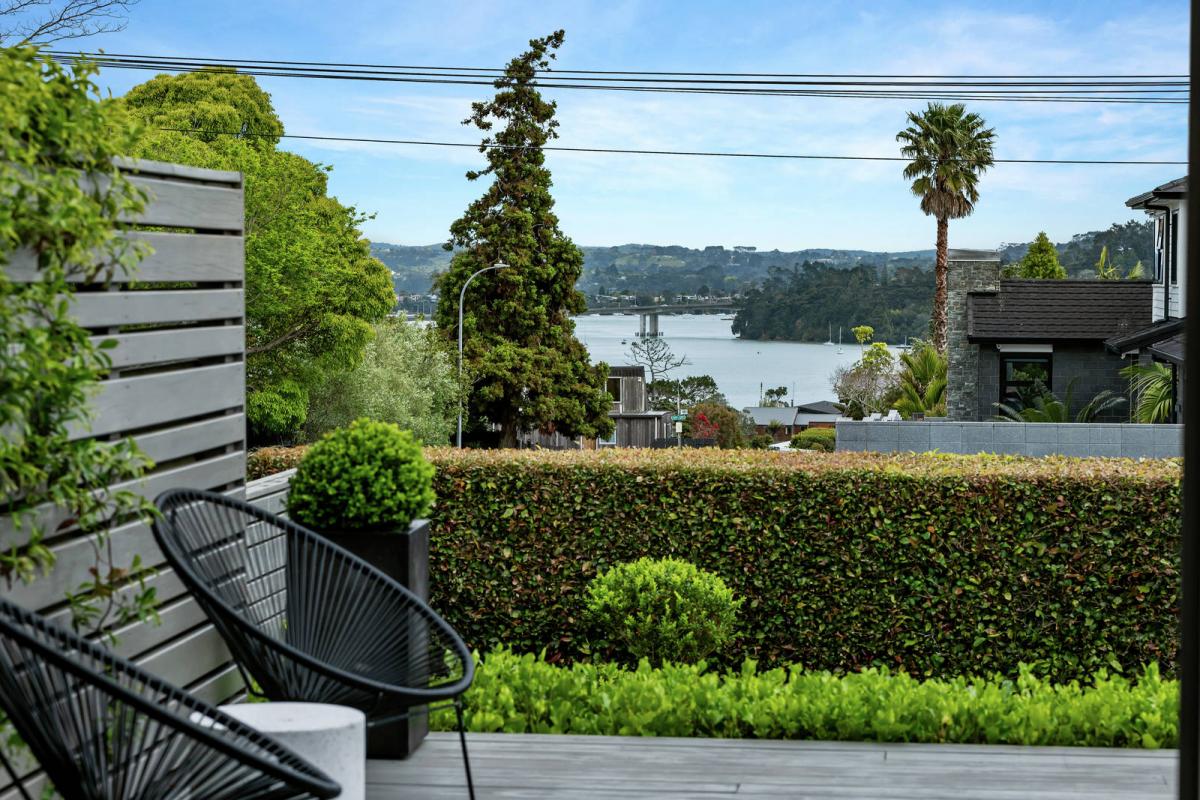Note - Covid 19 $5000 Low Value Asset Write-off Threshold Ends 16th March
The 12 month Inland Revenue Covid 19 assistance of being able to expense any asset purchase below $5000 is coming to an end. This option ends on the 16th of March 2021. This was a one-time/year deal.
If you are thinking about buying an asset for your company or sole trader organisation then it may be worth getting your purchase in before this date so that it can be immediately expensed rather than held as an asset and depreciated over a number of years. Thereby reducing this year's income tax.
I.e. New Asset $4500 - claim GST of $586.96, Net Asset Expensed $3913.04 = Reduction of Income Tax at the company rate of 28% =$1095.65
From the 17th of March the new rate of $1000 applies to the low-value asset write-off threshold.
But remember this only works out financially if it was actually an asset that you needed to buy in the coming months. I can't tell you the number of times I have heard of people spending money on things they did not really need in order to reduce their tax. It is a misunderstanding that is all too common.
What workplace change would you like to see most?
This coming Monday is Labour Day in New Zealand. This public holiday marks when the eight-hour workday and 48-hour workweek became law in 1899. The idea started with Samuel Parnell, a carpenter in Wellington, who in 1840 refused to work more than eight hours a day. Since skilled workers were in short supply, his employer had to agree.
As more skilled workers arrived, employers tried to change working conditions, but Parnell and others kept pushing for better rights. In 1890, Parnell led a Labour Day parade of 1,500 people to promote the eight-hour day. He passed away shortly after, and nine years later, Labour Day became an official public holiday.
Do you feel that we have reached the ideal in working environments yet? What rights are you passionate about relating to employment? Share your thoughts!
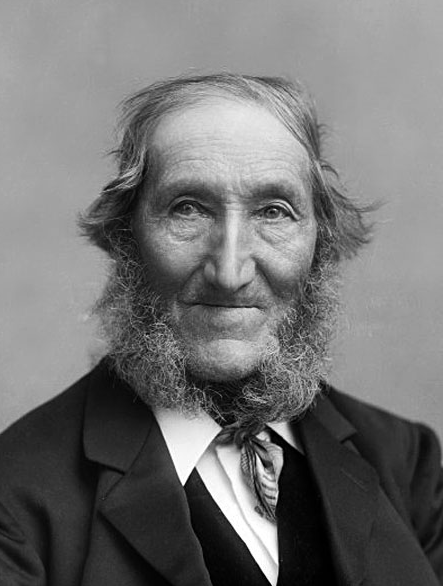
Six tips for improving security around your home
1) Improve outdoor lighting
Ensure that streets, driveways, and front yards are well-lit. Motion-sensor lights around homes deter trespassers by reducing hiding spots and illuminating their movements.
2) Trim your trees
Overgrown shrubs and trees provide cover for intruders. Keeping them well-trimmed around windows and doors improves visibility and reduces potential hiding spots.
3) Secure Entry Points
Ensure doors, windows, and gates are always closed when you are away from the house. Upgrade to more secure locks, deadbolts, or even smart locks for added protection.
4) Add a security camera
Place security cameras in the main entry points to your home. Doorbell cameras are also relatively cheap and a great way to keep track of who is visiting your home when you aren't there.
5) Start a Neighborhood Watch Program
You could reach out to members on Neighbourly to form a group of neighbors who can regularly keep an eye out for suspicious activity and report it. You could also check with Neighbourhood Support to see what is existing in your area.
6) Introduce yourself to your neighbours
The closer you are to your neighbors, the more likely they’ll notice when something unusual or suspicious is happening around your property
Feel free to share anything that you do around your area to deter crime.

Poll: Does grocery bagging affect where you shop?
There's only a few differences between our larger chain supermarkets here in New Zealand. Having someone bag your groceries is one of them.
Does having your groceries packed for you at the checkout influence where you do your grocery shop? If so, tell us why.

-
24.1% Yes
-
75.1% No
-
0.7% Other - I'll share below
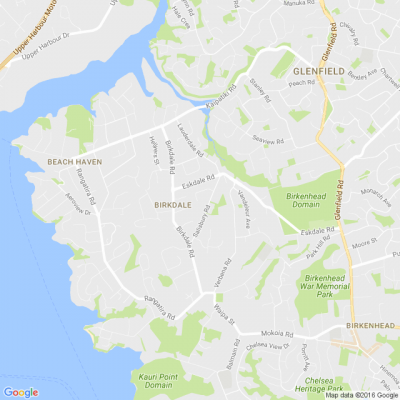
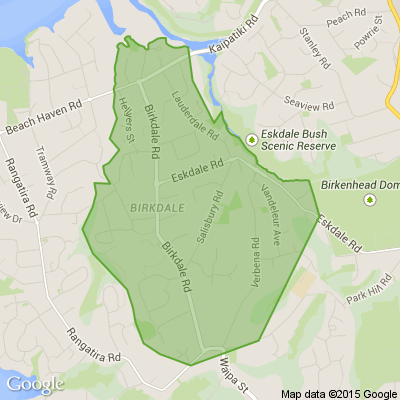
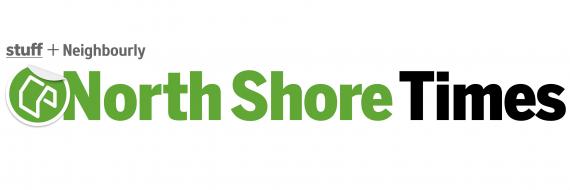




 Loading…
Loading…